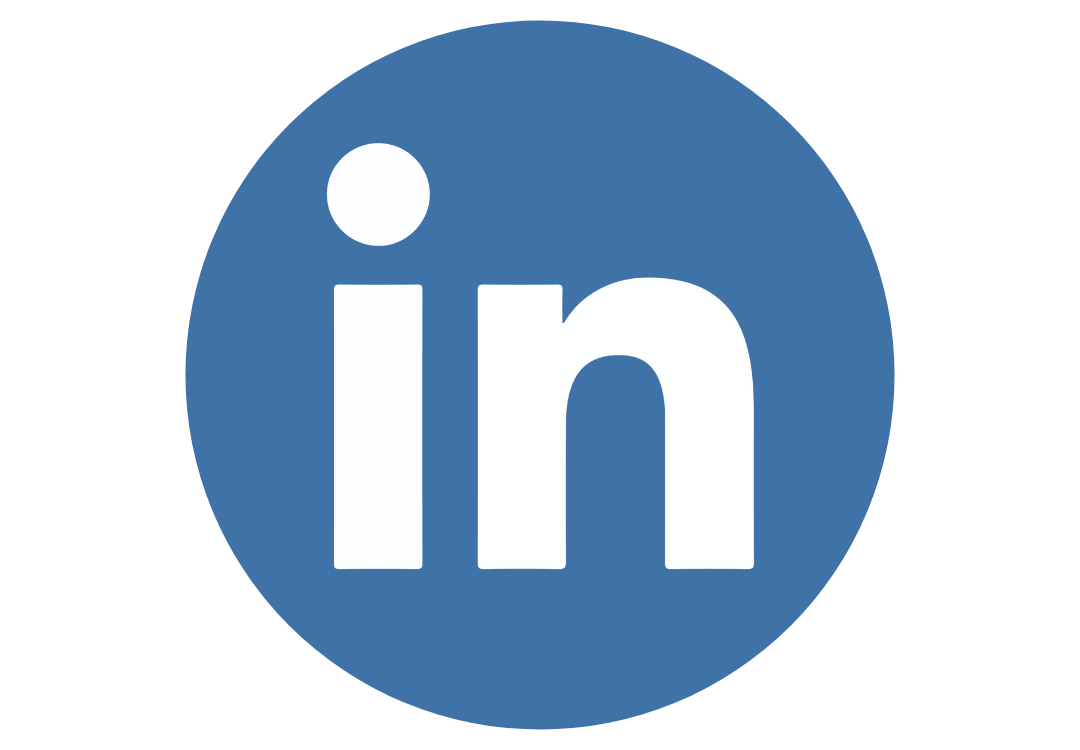Switzerland (Head Quarters)
IDR Medical Switzerland
Austrasse 95, CH-4051 Basel, Switzerland
T:
+41 (0) 61 535 1109
UK
IDR Medical UK
Unit 104 Eagle Tower, Eagle Tower
Montpellier Drive, Cheltenham, GL50 1TA
T:
+44 (0) 1242 696 790
USA
IDR Medical North America
225 Franklin Street, 26th Floor
Boston, Massachusetts 02110, USA
T:
+1 (0) 617.275.4465

The mobile revolution and its impact on medical device market research
Mobile technology is continuing to transform our lives. With the number of smartphone users expected to grow to around 2.5 billion in 2019, we are truly living in a mobile first world. Mobile has become the fastest and most convenient way of contacting people, which has impacted how we interact and communicate but has also changed how we can conduct market research.

Leveraging different platforms to undertake market research projects has the power to transform the relationship between researcher and participant. In the context of medical device market research, using mobile could provide access to data from larger populations at a faster rate than ever before. As a result, analysts would make more informed decisions that can drive innovation, differentiation and value. Read on to find out how…
The benefits of mobile methodologies
Recruitment
There are several benefits to using mobile methodologies in medical device market research. Firstly, because mobile is naturally interactive, convenient and instant, it often results in improved participation rates. For many people smartphones already provide some degree of help with staying healthier and complying to treatment, in fact, almost 70% of UK patient groups are believed to be using at least one health app to track and manage conditions. Mobile users that fall within this category are likely to be more motivated to take part in mobile research, which could help to counteract the generally declining motivation of respondents and eventually result in higher response rates.
Not only do many participants enjoy using technical devices to carry out research, but because the research can be carried out anytime and anywhere, mobile research also makes it easier to target hard-to-reach respondents. This is especially important in medical device market studies where researchers will often need to access patients using certain medical devices who might find it hard to travel to location-based facilities. This is also true for healthcare professionals working in a specific therapy area or using a certain piece of equipment whose busy schedules prevent them from taking part in traditional research methods.
Lastly, because medical device market research conducted via mobile isn’t location specific, it also results in reduced costs for the researcher. Despite the initial expense of the technology, when you weigh this up against the time and expense involved in organising and conducting traditional market research methodologies such as focus groups and in-depth interviews, there are still significant time and cost savings to be made.
Data Collection & Analysis
Taking part in mobile based research could result in faster response times as it makes it easier than ever before for participants to share their thoughts and opinions. From patients rating their satisfaction about a device or product immediately after using it, all the way to physicians sharing their opinions on certain products, mobile technology is revolutionising the speed and ease at which people can join and contribute to these types of studies.
Medical device market research is often about the usability of a device in real life situations. With mobile based research, participants would be able to respond as and when things are happening, which could provide insights to the user experience with a device in their everyday life. For example, patients might discover a technologically advanced wearable device that they were initially excited about does not suit their needs and/or condition type. While a user’s initial excitement over a product could be interpreted as a success, the everyday reality would reveal itself very different. As mobile research allows for feedback in real-time, it can achieve unbeatable usage insights that are not obvious with more traditional methods.
Lastly, another big benefit of the mobile revolution is that it allows for increased data accuracy. Because personal impressions and data is transmitted immediately, there is less risk of human error which means researchers can deliver more accurate insights than ever before, allowing them to easily compare results and make informed decisions.
Challenges and considerations
Of course, mobile market research isn’t a perfect methodology and it does come with its own set of challenges. The most obvious difficulty is how to fairly represent all age groups, with mobile based market research tending to appeal more to younger generations. Data from 2015 showed that only 18% of those aged 65+ owned a smartphone, compared to 96% of 18-34 year olds, 80% of 35-54 year olds and 50% of 55-64 year olds - which means that depending on the device you are researching, you could run into difficulties. One example would be conducting mobile-based research with patients that have undergone hip replacement procedures – typically performed on patients aged between 60 and 80.
Additionally, one of the most important things to consider when conducting medical device market research projects via mobile is choosing the right software. It goes without saying that when dealing with confidential and personal information such as patient feedback or personal medical data that it’s incredibly important that the software is secure, but there are other things that need to be considered too. For example, if your chosen platform isn’t user friendly, this will have a negative impact on engagement levels which could be detrimental to your research.
In conclusion, the innovative ways mobile technology is being leveraged to conduct market research has the power to shape the future of this industry. If you’d like to find out more about how IDR Medical is using the most advanced approaches to conduct best in class healthcare market research, do not hesitate to contact us today. Alternatively, you can email us at info@idrmedical.com for an initial consultation on what we believe the best research methodology for your project is!

